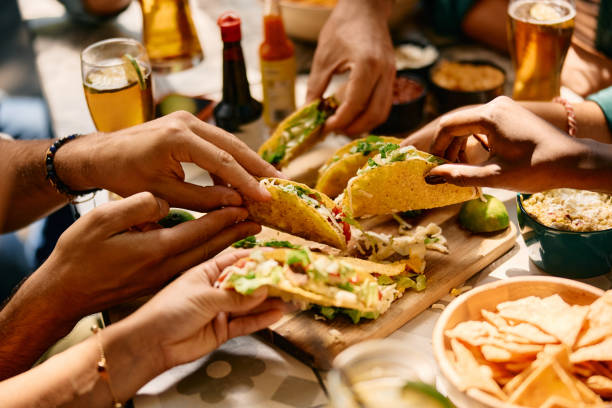
Why Some People Feel Tired After Eating
Share
Have you ever felt sluggish or ready for a nap after a meal? You're not alone. Many people experience fatigue after eating, and while this is often a natural response, there are several factors that can influence it. Understanding why this happens can help you make better food choices and manage your energy levels effectively.
The Role of Digestion
After you eat, your body directs blood to the digestive system to help break down food and absorb nutrients. This shift in blood flow can lead to a temporary drop in oxygen supply to the brain, making you feel tired.
Carbohydrates and Blood Sugar Spikes
High-carb or sugary meals cause a spike in blood sugar, followed by a rapid drop. This "crash" can make you feel sluggish and drained. Choosing complex carbohydrates like whole grains can help maintain steady energy levels.
The Impact of Tryptophan
Certain foods, like turkey, dairy, and nuts, contain tryptophan, an amino acid that helps produce serotonin and melatonin—both of which promote relaxation and sleepiness. While tryptophan alone isn't enough to knock you out, when combined with carbs, it can enhance fatigue.
Overeating and Meal Size
Large meals require more energy to digest, which can leave you feeling drowsy. Eating smaller, balanced meals throughout the day can prevent post-meal sluggishness.
Dehydration and Lack of Movement
Not drinking enough water and staying sedentary after meals can also contribute to fatigue. A short walk and staying hydrated can improve circulation and keep your energy up.
Feeling tired after eating is common and usually harmless, but it can often be managed by making small changes to your diet and lifestyle. Choosing balanced meals, avoiding excess sugar, staying hydrated, and adding light movement can help you feel more energized after meals. If fatigue persists, it may be worth consulting a healthcare professional.
Get more knowledge about eating healthy, please refer to Fifty Two Sunday Dinners.
